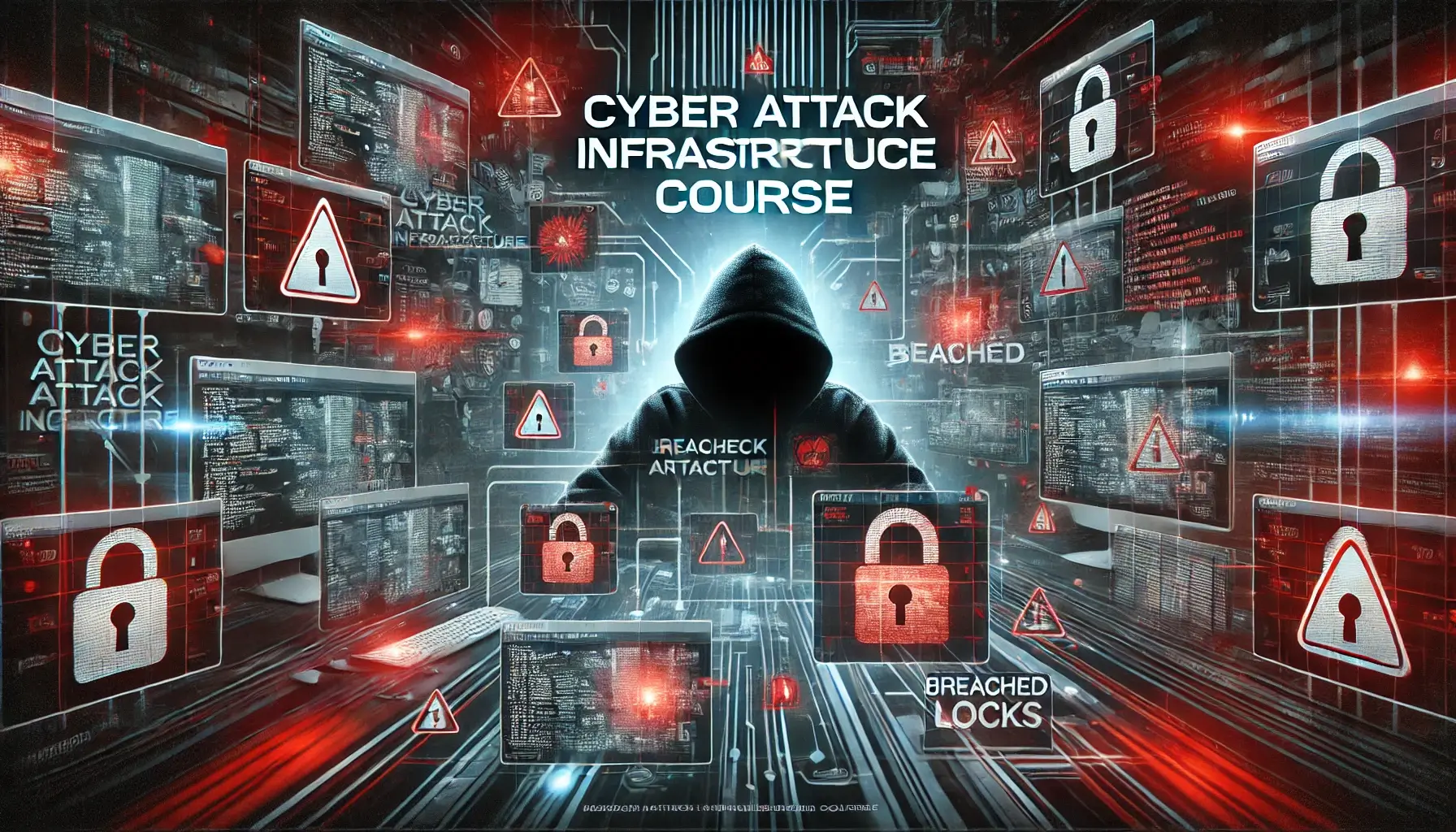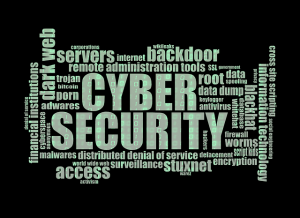
While standard cybersecurity courses focus on defensive measures, our Cyber Attack Infrastructure Course provides a deeper understanding of offensive methodologies. This approach allows security professionals to think like attackers, leading to more comprehensive and effective defense strategies. It's an advanced course that goes beyond basic security principles to explore the cutting edge of cyber threats and defenses.




.webp)
.webp)
.webp)
.webp)











